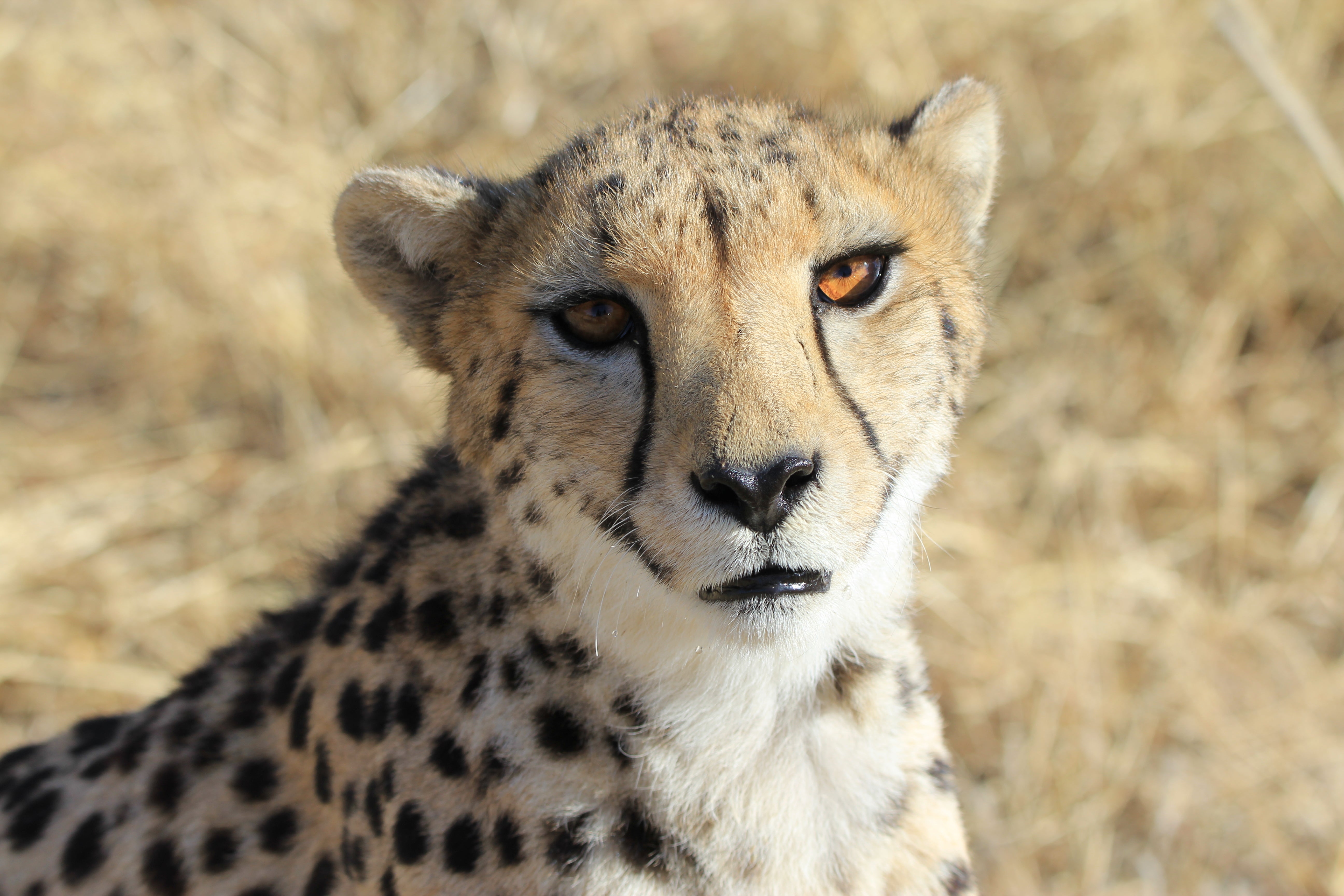Second cheetah in a month dies after being brought to India for reintroduction plan
Six-year-old cheetah dies two months after flown from South Africa to India

Your support helps us to tell the story
From reproductive rights to climate change to Big Tech, The Independent is on the ground when the story is developing. Whether it's investigating the financials of Elon Musk's pro-Trump PAC or producing our latest documentary, 'The A Word', which shines a light on the American women fighting for reproductive rights, we know how important it is to parse out the facts from the messaging.
At such a critical moment in US history, we need reporters on the ground. Your donation allows us to keep sending journalists to speak to both sides of the story.
The Independent is trusted by Americans across the entire political spectrum. And unlike many other quality news outlets, we choose not to lock Americans out of our reporting and analysis with paywalls. We believe quality journalism should be available to everyone, paid for by those who can afford it.
Your support makes all the difference.One of the cheetahs brought from South Africa by India’s government to revive the country’s population of the world’s fastest land animal has died.
This was the second cheetah to have died in less than a month at the Kuno National Park in central Madhya Pradesh state.
The six-year-old male cheetah was named Uday – which means to rise or to ascend in the Hindi language – after it reached India in February this year under the world’s first intercontinental translocation project.
“During the inspection in the morning, a cheetah brought from South Africa was found dull with head down, following which veterinarians attending to him alerted senior officials,” said principal chief conservator of forest (PCCF) Wildlife, JS Chauhan.
“The feline was then taken out from the large enclosure for treatment. Unfortunately, around 4pm, the cheetah passed away,” he said.
The cause of the death of the cheetah is not immediately known and will be determined after the post mortem, an official said.
The cheetah was part of the Indian government’s ambitious programme to reintroduce the Asiatic cheetah subspecies to the country more than 70 years after the cat was declared extinct.
The efforts to reintroduce extinct cheetahs in India have been praised, but some wildlife activists and experts raised fears of risk to animals from predators and a lack of adequate prey.
Uday was part of the batch of 12 cheetahs flown to India on 18 February after eight Namibian cheetahs arrived in September last year.
On 27 March, a female cheetah named Sasha, who was part of the first batch from Namibia, died due to a kidney infection.
On Sunday, Uday was found in a “lethargic state” at around 9am before forest officials approached it.
But it lost consciousness after almost two hours and was transferred to an isolation ward for medical care.
It was pronounced dead at 4pm while receiving treatment.
Eighteen out of 20 cheetahs that were brought to India now remain.
On Saturday, the Kuno National Park announced the cheetahs were renamed following consideration with prime minister Narendra Modi, and the entries were selected at the suggestion of people following a competition.
The country also celebrated the birth of four cheetah cubs on 29 March from one of the females that came from Namibia in September 2022.
This was the first such cub birth on Indian soil in more than seven decades, as the country’s cheetah population had gone extinct in 1952.



Join our commenting forum
Join thought-provoking conversations, follow other Independent readers and see their replies
Comments